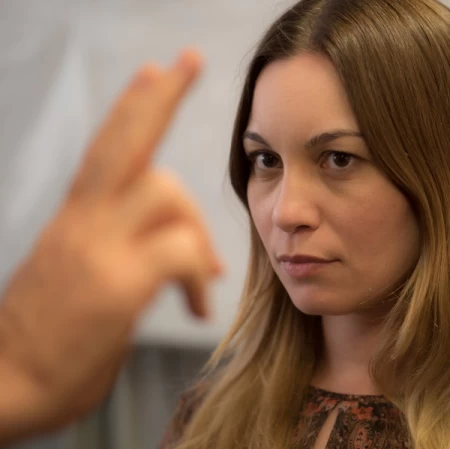
There are many definitions for hypnosis and many different theories that attempt to explain hypnosis, what it is, how and why it works. Hypnosis can be defined as a state of mind, and many definitions refer to it being an altered state of mind. This suggests that it is a changed state from a defined normal state.
Read the American Psychological Association article on Hypnosis: https://www.apa.org/topics/psychotherapy/hypnosis
The ICCHP's basic definition of hypnosis is unique and will help you to understand how we teach complex concepts. Hypnosis is a variety of naturally occurring states of consciousness, that we enter into spontaneously on a daily basis.
Have you ever taken a journey and reached your destination not remembering the journey? Have you ever daydreamed? Have you ever sat in a presentation and you were 100% focused on the presenter and the material being presented? Have you ever sat in a presentation and your mind drifted away from the presenter and the material being presented? Have you ever been doing something you enjoyed to the complete exclusion of anything or anyone around you, like watching a film, listening to music, reading a book or enjoying a hobby or pastime?
Well, these are all hypnotic states that we experience spontaneously every day.
When we practice hypnosis, we allow ourselves to follow instructions, given by ourselves or by someone else (the hypnotist), to enter into these natural states of consciousness with intention and through choice.
- The following definitions were taken from the Collins Concise Dictionary:
"hypnosis (noun) an artificially induced state of relaxation in which the mind is more than usually receptive to suggestion."
"hypnotherapy (noun) the use of hypnosis in the treatment of mental and emotional problems." "hypnotism (noun) the practice of or process of inducing hypnosis."
- The Oxford Complete Wordfinder defines it as:
"hypnosis (noun) 1. a state like sleep in which the subject acts only on external suggestion. 2. artificially produced sleep. (Greek 'hypnos' sleep)."
- The following is how Wikipedia defines hypnosis:
"Hypnosis is a mental state (according to "state theory") or imaginative role-enactment (according to "non-state theory"). It is usually induced by a procedure known as a hypnotic induction, which is commonly composed of a long series of preliminary instructions and suggestions. Hypnotic suggestions may be delivered by a hypnotist in the presence of the subject, or may be self-administered ("self-suggestion" or "auto-suggestion"). The use of hypnotism for therapeutic purposes is referred to as "hypnotherapy", while its use as a form of entertainment for an audience is known as "stage hypnosis".
- The first two definitions don't cover the concept of self hypnosis, but the Wikipedia definition does.
- They also suggest that it is an artificial state, so not natural or normal.
- However, as you study and learn more about hypnosis you will discover that you enter into hypnotic states often and naturally without even knowing it.
- There are many different definitions and it is suggested that you explore other dictionaries and literature to see how many different definitions exist.
- Once you complete this course and have become proficient in self hypnosis it is suggested that you again consider these definitions and see which you agree with, or try and come up with your own.
